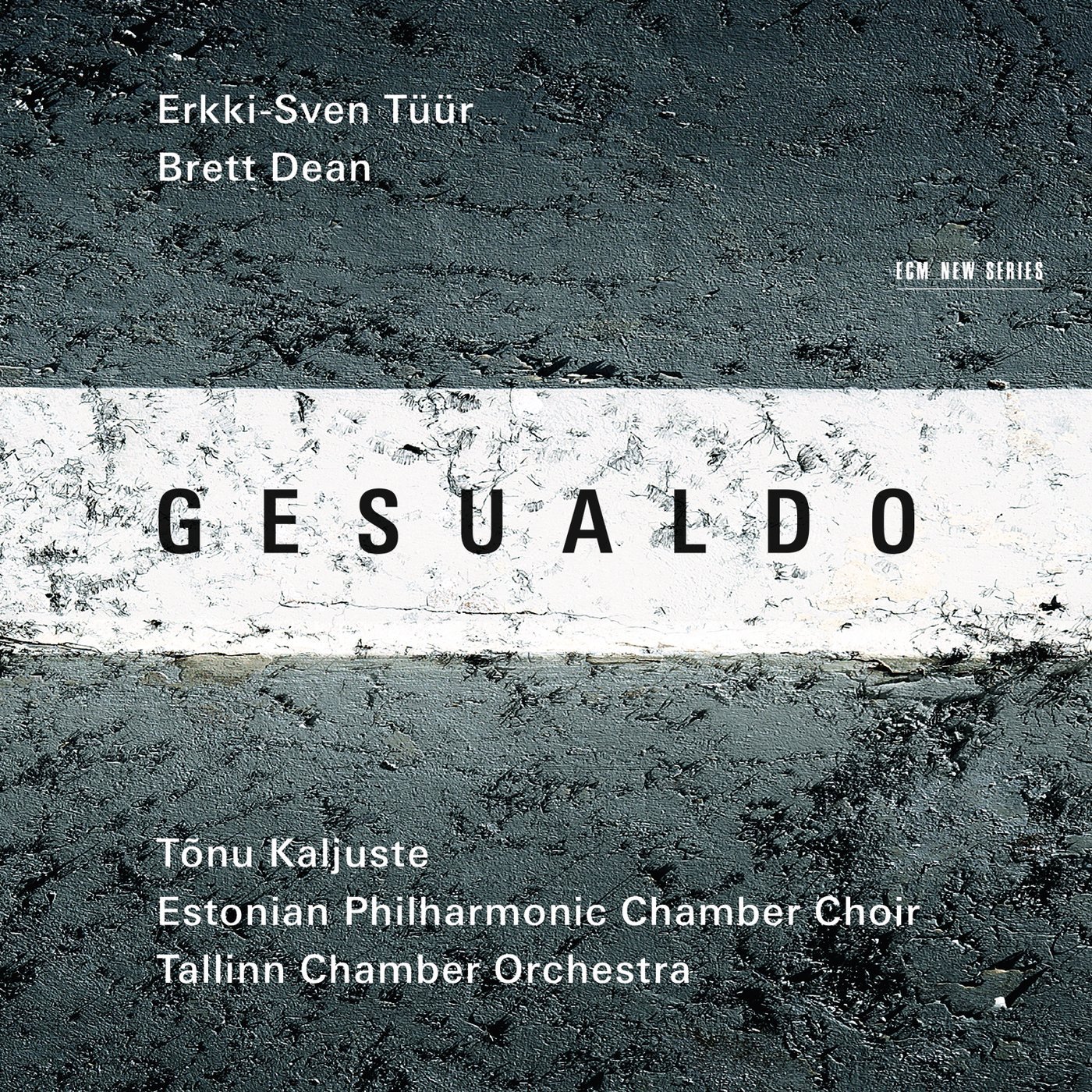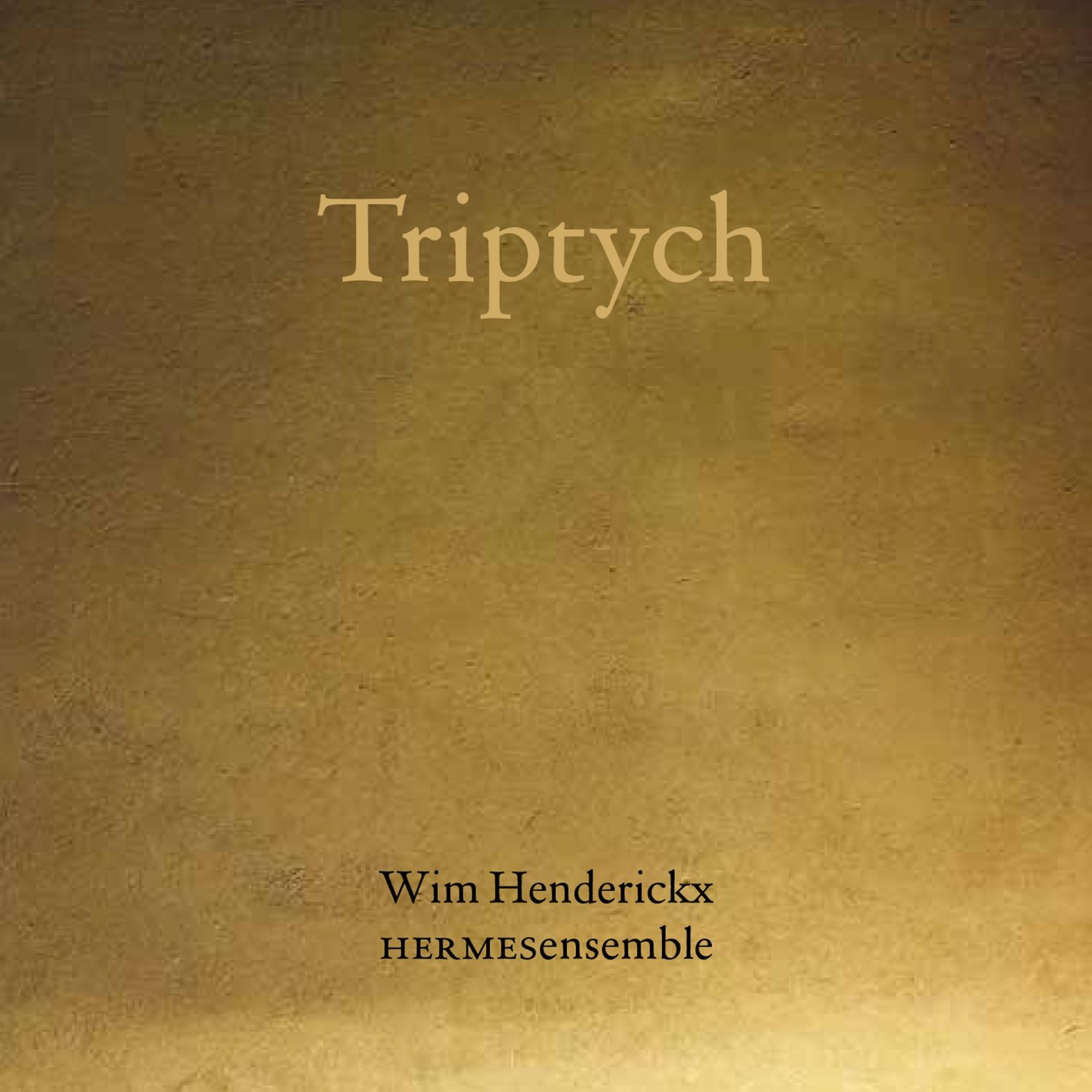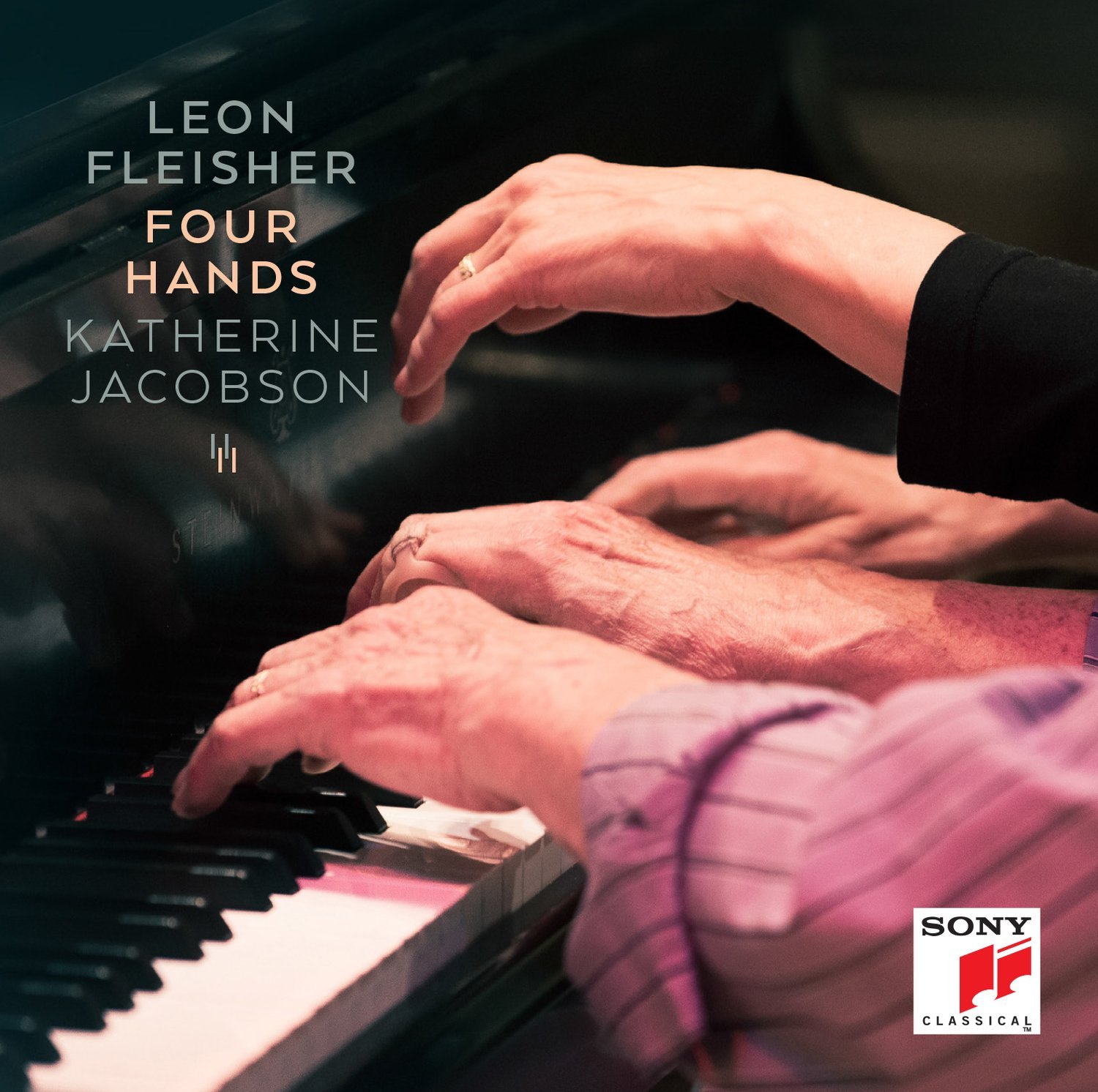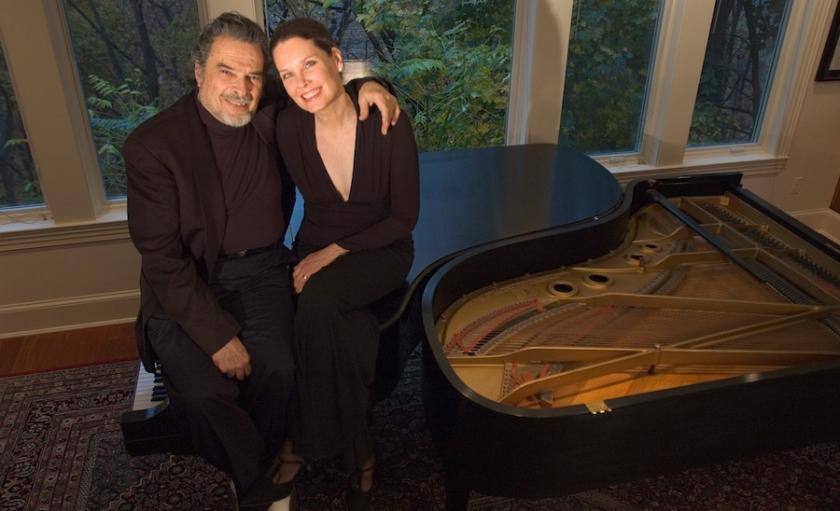 Erkki-Sven Tüür, Brett Dean: Gesualdo Tallinn Chamber Orchestra, Estonian Philharmonic Chamber Choir/Tõnu Kaljuste (ECM)
Erkki-Sven Tüür, Brett Dean: Gesualdo Tallinn Chamber Orchestra, Estonian Philharmonic Chamber Choir/Tõnu Kaljuste (ECM)
Hearing composers engaging with the music of the past is invariably fascinating. Stravinsky's Pulcinella prompted me years ago to investigate Pergolesi (though many of the pieces adapted for that ballet weren't actually by him), and this stunner of a disc invoked shock, wonder and delight, sending me onto Spotify in search of choral music by the quirky Renaissance composer Carlo Gesualdo. His harmonically adventurous vocal ouput still casts a spell, though he's chiefly remembered for the bloody murder of his first wife and her lover in 1590. Brett Dean's Gesulado-inspired Carlo is one of the most viscerally exciting contemporary works you'll hear on disc. Unadulterated choral fragments dissolve and distort, fusing with the sound of a modern string orchestra. Occasionally nightmarish, it's also thrilling. Dean's original conception had the players spookily engaging with prerecorded vocals, but this new recording uses a wonderful Estonian choir.
Erkki-Sven Tüür contributes two pieces. Psalmody is an attractive extended piece of minimalism, its rhythms and melodic shapes inspired by early European art music more than the American West Coast. The track listing says it's scored for string orchestra. This version isn't, and Tüür's idiomatic writing for winds, brass and percussion enhances the work enormously. L'ombra della croce, scored for strings, scales ecstatic heights. You're reminded of Tippett's Corelli Fantasia. It's passionately played by Tõnu Kaljuste's marvellous Tallinn Chamber Orchestra. They also give us two exquisite string transcriptions of Gesulado choral works, one by Kaljuste and one by Tüür. Fantastic, and already in my Best of 2015 list
 Wim Henderickx: Triptych Wim Henderickx & HERMESensemble (HERMESensemble)
Wim Henderickx: Triptych Wim Henderickx & HERMESensemble (HERMESensemble)
As with a previous Wim Henderickx release, you're probably best listening to to this disc without reading the notes. The main attraction here is Wim Henderickx's Nada Brahma, a seven-movement work for soprano, chamber ensemble and electronics. It's full of extraordinary sounds; I keep returning to the crashing, shrieking "Cosmic Energy", and the fourth's section's "Cosmic Pulsations" unfold over a striking percussion and trombone ostinato. That you've no idea what the soprano is singing doesn't matter a jot, so it's with a wry smile that you read in the booklet that the text is based on “an abstract text construction that is devoid of semantic reference...” Eh? No libretto is provided. No worries. We wouldn't be able to understand the words anyway. What's impressive is the panache with which the work is tackled by the fearless soprano Hendrickje Van Kerckhove. The extended final section is wonderful – a slow, parched musical landscape, enhanced by Henderickx's electronics. The wordless vocals sound like an Ondes Martenot.
The Kerouac-inspired On The Road is heard in a version for bass flute and electronics. Soloist Karin De Fleyt's breathy tone hovers over Henderickx's ambient background. More ambitious is Atlantic Wall, inspired by the bunkers and structures built during World War Two which still line European coastlines. Violence alternates with chilly calm, and Henderickx's ear for unusual sounds sustains the piece; a few minutes of the second movement should be enough to convince any doubters. I've rarely heard anything quite so otherworldly. The closing minutes, where mezzo-soprano Mireille Capelle sings a text based on a Verlaine poem, are otherworldly. Production values are exemplary. Gripping stuff.
 Four Hands Leon Fleisher and Katherine Jacobson (piano duet) Sony
Four Hands Leon Fleisher and Katherine Jacobson (piano duet) Sony
Leon Fleisher's stellar early career floundered in 1964 when focal dystonia cost him the use of his right hand. He became a specialist in left-handed repertoire, until medical treatment in the mid-1990s enabled him to resume a full career. Fleisher's 2004 comeback album Two Hands has just been reissued by Sony, along with this new piano duet recital where he's partnered by his wife Katherine Jacobson. Four Hands is a feelgood disc, but one where no allowances need to be made for the playing; these performances are as sharp, as colourful as any you'll find. I keep returning to a superb transcription of La Valse, made by Ravel's friend and sometime editor Lucien Garban. It's drier and more focused than the orchestral original, and more terrifying too. Those metallic rumblings at the start are uniquely ominous. Ravel's savage final minutes are phenomenal, suggesting another famous ballet score ending in a dance of death.
Also dark, but not despairing, is Schubert's F minor Fantasia. The first section is matchless; Fleisher and Jacobson's supernatural dynamic control always at the music's service. It never gets mushy; bass lines are as clear as day when required, and Fleisher's upper register shimmers. And what a close; the resigned fade into the minor packing a real punch.
Lighter fare comes in the form of Brahms's duet arrangement of his first set of Liebeslieder-Walzer. I find them more suitable for repeated listening shorn of their vocals, and it's a measure of this composer's genius that 18 successive numbers in triple time don't pall. Fleisher and Jacobson play them exactly as you'd expect a happily married couple would, though there's never any hint of complacency. There's a delightful encore in the form of a four-hand arrangement of William Bolcom's Graceful Ghost Rag. It's five minutes of delicious, laid-back noodling; if you've never heard any of Bolcom's music, start here. Beautifully recorded, with decent notes.















Add comment